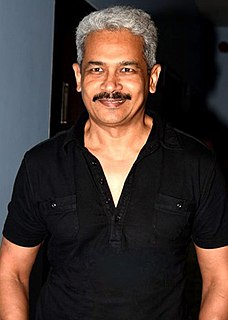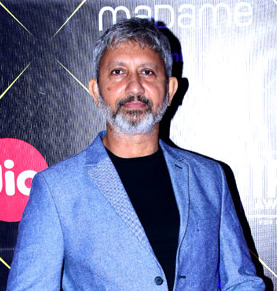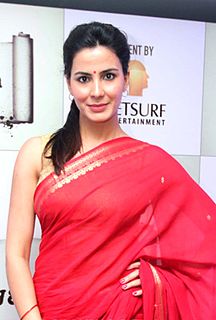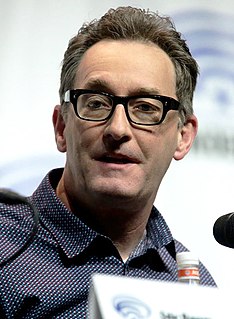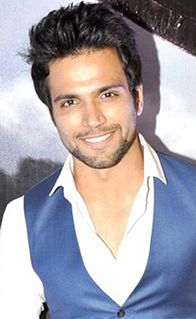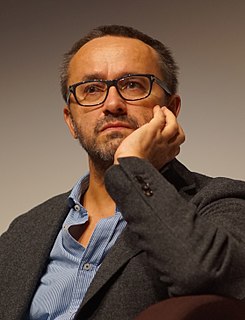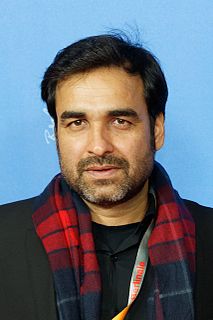A Quote by Atul Kulkarni
I believe in listening to a script as an audience more than an actor.
Related Quotes
When you try to be true to the script, changes occur. A script is there to show us a certain direction. But when you actually have the actors in and you start shooting the movie, you have the actor say a line and it doesn't sound right so you change it and make it different. It's the script that gives birth to these changes and the more you try to stay true to the script, the more that happens.
Most people believe that their listening skills are where they need to be, even though they aren't. A study at Wright State University surveyed more than 8,000 people from different verticals, and almost all rated themselves as listening as well as or better than their co-workers. We know intuitively that many of them are wrong.
As an actor, you should always keep your trump card hidden from your audience. I want the audience to keep expecting more and more from me. I want to do 'different' work - good and memorable roles - so that audience appreciate me more. That's why I love to surprise my audience with something they never expect me to do.
I think when you're younger, as an actor you have much more of a notion that you are doing something to the audience. But with experience, I think you begin to worry less about what the audience's experience is and concentrate on working with the other actors, and that tends to let the audience do more work.
When an actor comes to you and starts working with the script, the image of his character that you had in your mind gets substituted with an image of that particular actor. And this is the right way to go. An actor has to be absolutely truthful - this is the only thing required of him, apart from talent of course. It's very easy to understand: you need to absolutely believe in what you see.
